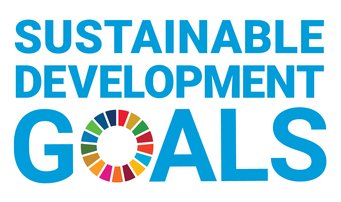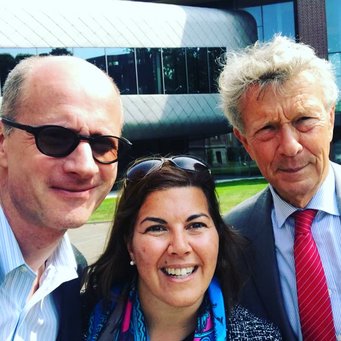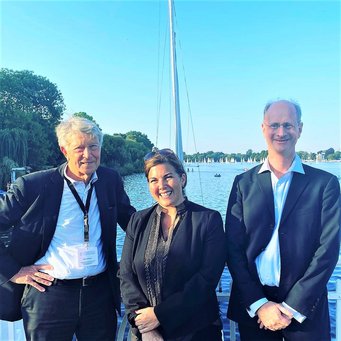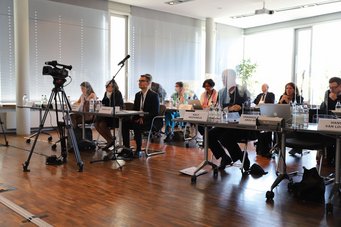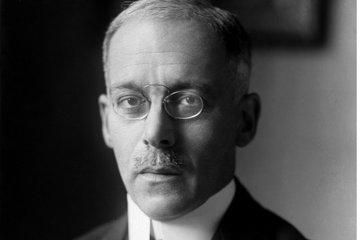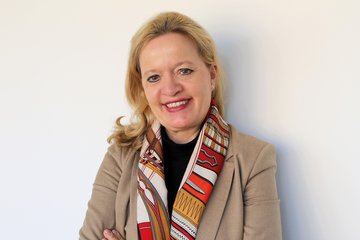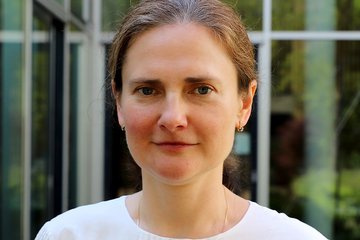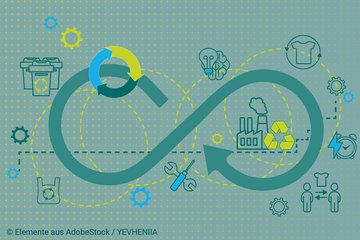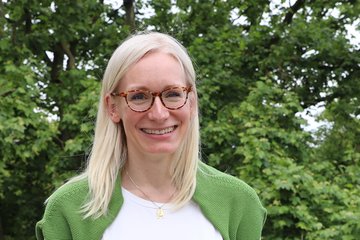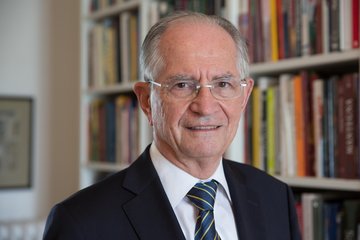Tools for global transformation
How the UN Sustainable Development Goals made their way onto the private international law agenda
Private Law Gazette 2/2021 – An international conference entitled “The Private Side of Transforming Our World – UN Sustainable Development Goals 2030 and the Role of Private International Law” took place at the Institute from 9–11 September 2021. It drew 32 speakers and guests from Europe, the United States, and Africa. More than four hundred practising lawyers and legal scholars participated online. “The hybrid format demanded by the pandemic allowed us to assemble a truly diverse spectrum of participants from around the globe,” says Institute Director Ralf Michaels, one of the initiators of the conference as well as the associated research project.
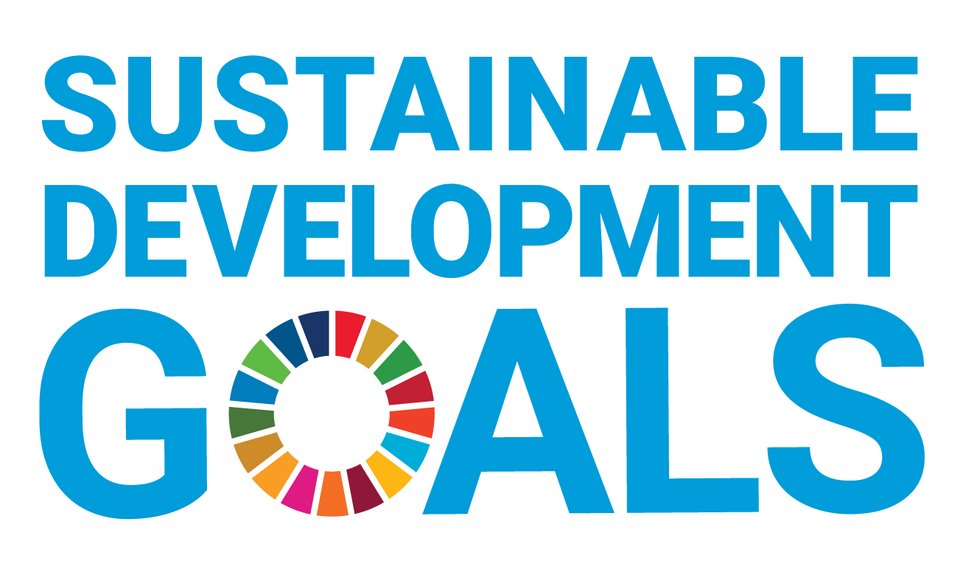
With the 2030 Agenda, the United Nations has formulated 17 goals for sustainable development that envision preserving both the natural world on which our existence depends as well as a dignified life for all. “The Agenda topics pertain in particular to the concerns of people in the Global South, so we felt it was very important to gain as many participants as possible from the region, both for our project and for the event itself,” Michaels explains. Yet the conference held in Hamburg was noteworthy for more than just its global appeal. It was also the first academic forum since the adoption of the Agenda for Sustainable Development in New York in 2015 to examine the potential for national law, and especially private international law (PIL), to aid in the implementation of the Agenda’s goals.
Three minds, one idea
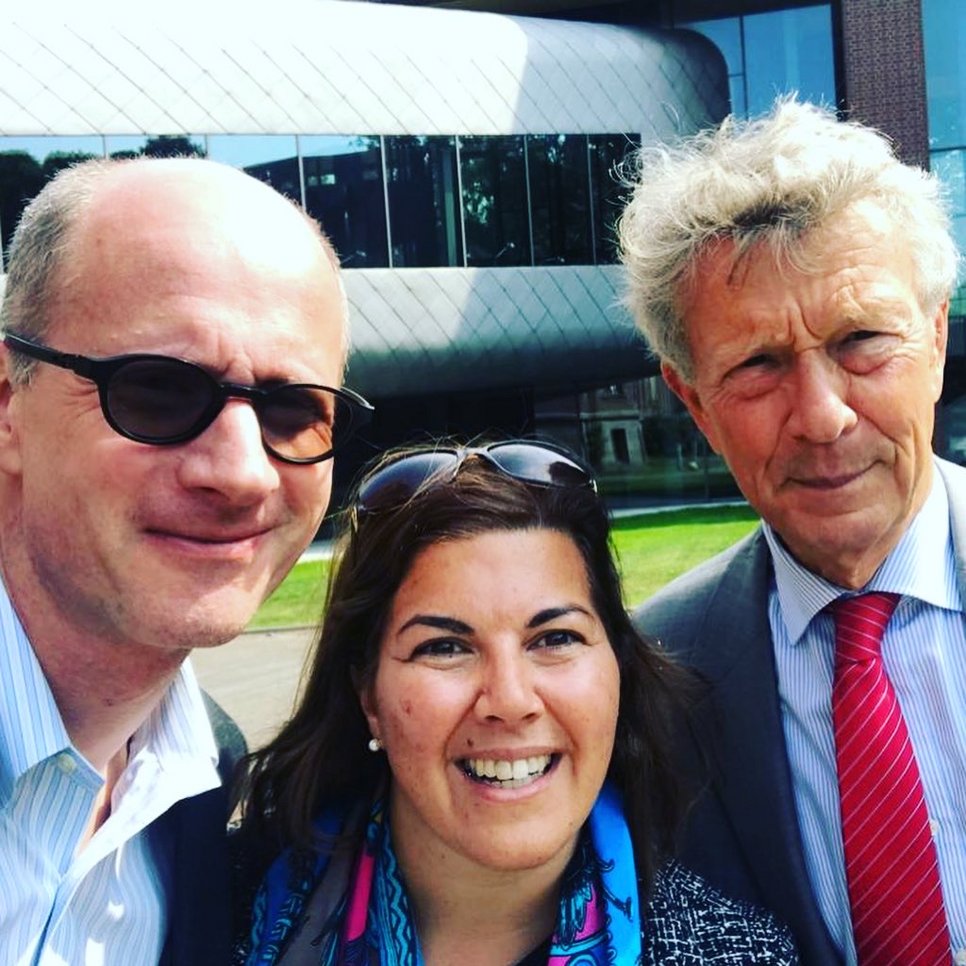
One day in the spring of 2018, three legal scholars were walking on the grounds of the Peace Palace in The Hague when they wondered how it could be that the discourse surrounding the 2030 Agenda contained virtually no reference to private international law. A photograph memorializes the moment. It shows Verónica Ruiz Abou-Nigm, of Edinburgh Law School, flanked by Institute Director Ralf Michaels and Hans van Loon, the former General Secretary of the Hague Conference on Private International Law. Another image captures the trio standing in front of the Outer Alster Lake in Hamburg. The two images are separated by about two and a half years, during which the three initiated an international network devoted to the topic, published a ground-breaking book, and put together a successful conference.
What sort of plan did they form and carry out together? “We asked ourselves how we could make visible the hidden potential and the overlooked methods of PIL,” describes Verónica Ruiz Abou-Nigm, who is currently engaged as a research fellow at the Institute. “We wanted to convince academics and PIL practitioners that there is important work for them to do as part of the 2030 Agenda.” Hans van Loon adds: “It was necessary that there be an intergenerational approach and contributions from every part of the world.”
A call that echoed around the world
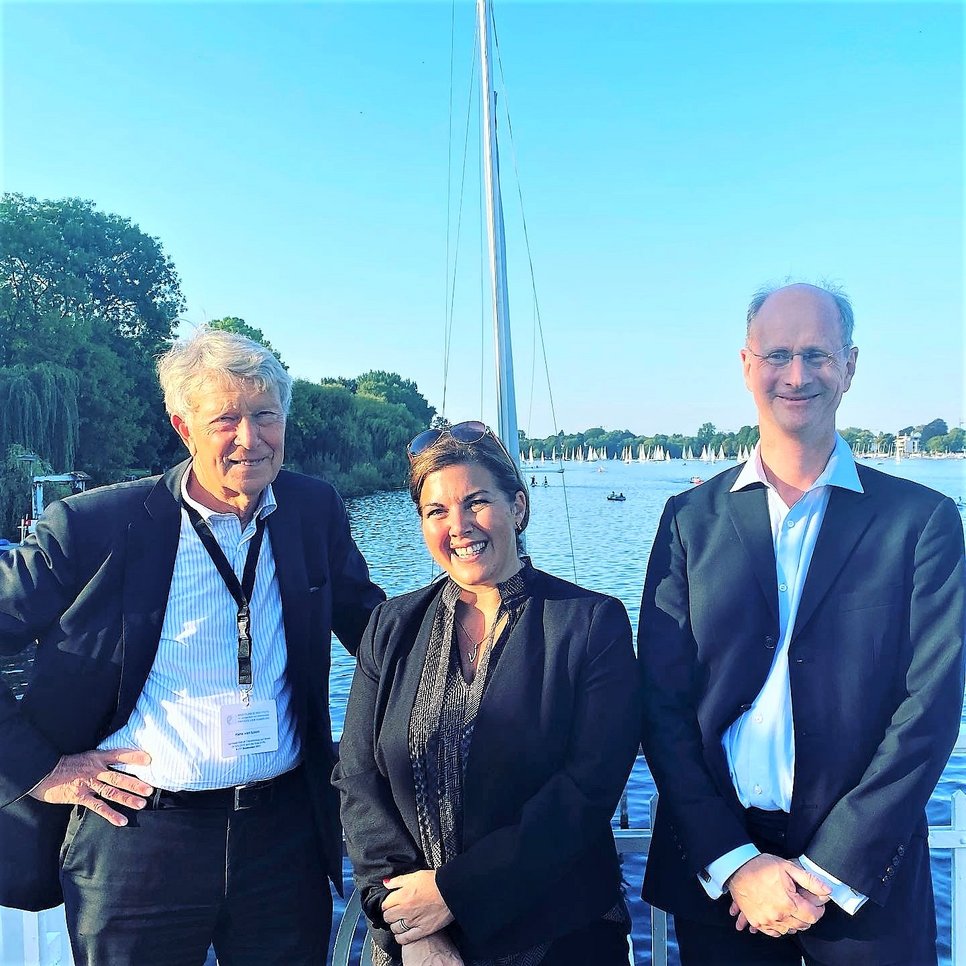
The first step was a call for papers that invited researchers to investigate the relationship between PIL and the 17 sustainability goals. The 2030 Agenda spans goals from eliminating poverty to gender equality, securing education for all, and protecting the oceans. Each goal was to be the subject of a chapter in a book that the various researchers would jointly author. The more than 130 submissions the three editors received in response to the call were far more than they had anticipated. Narrowing down such a large pool of interesting submissions was, they say, one of the project’s greatest challenges. Their goals were to achieve maximum diversity without sacrificing quality and to cover all the bases. The 19 chosen researchers, representing each of the world’s continents, gathered for an online workshop in September 2020. Their aim was to lay a cornerstone for the publication that was ultimately to be unveiled at an international conference exactly one year later.
A book and a conference
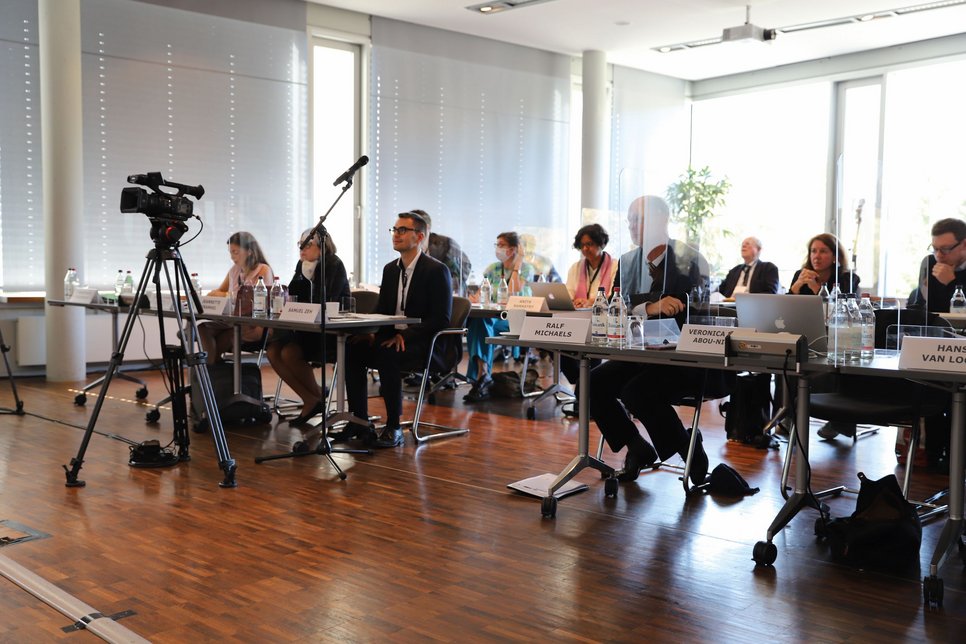
The schedule was ambitious, the workload considerable. Relying on feedback gained from their collective meeting, the editors worked in close exchange with the authors during the preparation of the 17 goal-specific chapters. In addition, there were negotiations with the publisher and the organization of an international conference, endeavours which posed unique challenges in a time of pandemic. The project was coordinated by Samuel Zeh, a research assistant at the MPI. Among other tasks, he oversaw a dedicated topic page on the Institute’s website and was responsible for promoting the conference on social media.
For the Institute, the conference represented its very first hybrid event. For three days, sessions were held across several time zones. Only half of the 18 speakers were present in Hamburg. The others recorded their contributions on video in advance to circumvent potentially unstable internet connections. As there was great interest from the Latin American region, all presentations and discussions were simultaneously translated between English and Spanish. Portions of the conference will be posted as videos for re-streaming on the Institute's website.
Equally available to the public is the conference’s eponymous book, which is being published in both print and online versions, the latter as an open-access publication to facilitate wide dissemination. In addition to scholars and researchers, the book is also targeted at lawyers and decision-makers working for state institutions and international organizations.
Summary and outlook
“We were able to show that PIL is an essential element of the global legal framework that is needed to make the 2030 Agenda a reality. This applies not only to the environmental and social spheres, but also to the economy in particular," says Ralf Michaels. "The researchers involved have introduced perspectives and experiences from different disciplines and regions. This makes our joint work also relevant for decolonial transformation.”
What comes next? All of the project participants are in agreement that much remains to be accomplished. For some topics, concrete follow-up projects have already been planned. Verónica Ruiz Abou-Nigm is convinced: "We will continue on the path we have taken together with the authors of our book and the participants in our conference. A new interdisciplinary network has emerged, one that fuels considerable expectations."
Current information on the research project: www.mpipriv.de/sdg2030
